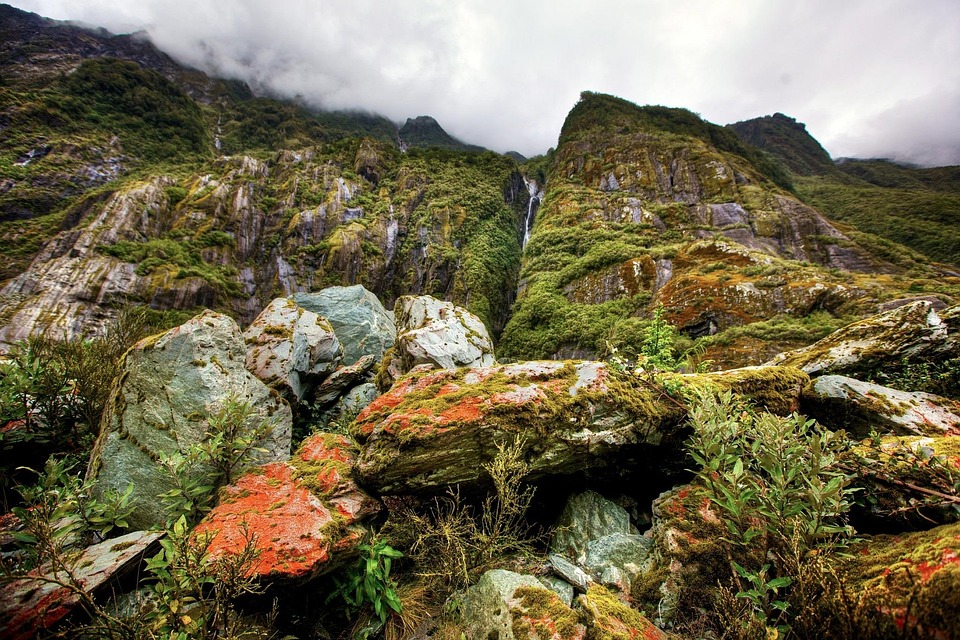Some carried weapons of war; others, ammunition – the very elements on which their eligibility for the disarmament, demobilization and reintegration (DDR) process in which they were about to embark depended.
Wishes of happiness rang out from the small crowd of residents gathered in Sanguere-Lim, Koui sub-prefecture, to greet the departure of the fighters as they marched from the 3R assembly point to the nearby makeshift disarmament site, set up by the national unit that oversees and implements the process.
Music was also played – as part of the government’s awareness campaign – as a song played through loudspeakers called on Central Africans to lay down their arms “to go to school, to cultivate the fields or for any means of subsistence, lay down your arms, for peace”.
Current operations
The disarmament and demobilization initiative in Sanguere-Lim marks the latest in a series of ongoing operations launched in July.
They followed a historic peace agreement between the government, the 3R and another armed group. Unity for Peace in the Central African Republic (UPC) – signed in N’Djamena, Chad, in April – marking their return to the CAR peace process.
The UN peacekeeping mission in the country, MINUSCAsupports DDR operations, in accordance with its mandate. The government launched the national program in December 2018 and MINUSCA Since then, it has provided important financial, logistical, technical and security services.
The United Nations peacekeeping force in the Central African Republic supports the disarmament and demobilization of members of armed groups.
Waiting for a new life
Abel Delatid, 25, who joined 3R in 2017, was among the disarmed fighters. “I heard about the peace agreement in N’Djamena thanks to awareness-raising activities carried out by MINUSCA and local authorities. I am looking forward to professional training to start a new life because I lost my leg during the fighting,” he said after returning his weapon.
A few mandatory stops awaited the fighters, including the handing over of weapons or ammunition, a body search, registration and receipt of a disarmament certificate.
They also benefit from a medical examination, a choice of professional training, a special allowance and a start-up kit to help them on their new path.
Ambition to join the army
For his part, Aroun Isa Oumar expressed the desire to leave behind the hard years spent in the bush.
He hoped to receive training to join the national army – a recurring desire among many fighters – perhaps due to a lack of information about available reintegration support programs.
Time and again, the head of the awareness campaign, Jean Christophe Namyona, advised veterans who stopped by his office to opt for vocational training or an income-generating activity of their choice – such as trading, animal husbandry or carpentry – if they are not eligible for military service.
Disarmament and demobilization operations are guided by a 2016 national DDR strategy, which sets out specific eligibility criteria.
For example, ex-combatants wishing to join the army must be between 18 and 25 years old.
Eligibility is further dependent on possession of a functional or repairable weapon, or the surrender of 200 rounds of ammunition, eight grenades or 10 rockets.
Among the previously disarmed fighters in the region was Mbekaka Ursula Aicha, a 29-year-old mother of two and the only ex-combatant to join the DDR process in this region.
“Peace is possible”
She had joined the 3R movement three years earlier, motivated by a sense of protest against what she described as the marginalization of her community.
“I agreed to disarm following the President’s call to return to the country and work for peace, as well as in accordance with the orders of the 3R leadership. Now that we have laid down our arms, peace is possible,” she said.
The sub-prefect of Koui, Larry Nordine Mahalba, stressed the importance of disarmament and demobilization and welcomed the support of MINUSCA.
“For five years, the 3Rs occupied this region. MINUSCA supported us on several levels, providing relief to a traumatized population.
Wilfried Relwende Sawadogo, Coordinating Officer of the UN Mission, noted that “crucially, disarmament and demobilization operations contribute to pacifying communities, thereby advancing the key task of MINUSCA’s mandate of protecting civilians.”
For Adama Yaouba, resident of Sanguere-Lim, life has taken a turn thanks to disarmament in the locality. “Today, the armed groups have laid down their weapons and everything has changed. Before, we never slept peacefully; we lived in constant fear, always on edge. But now, I can sleep peacefully, without worry.”
The political coordinator of the 3Rs, Yaya Amadou, himself disarmed during previous operations, encouraged others to follow suit.
“The time for war is over and now it is time for peace,” he said.
A young member of an armed group in the Central African Republic prepares to surrender his weapon.
Originally published at Almouwatin.com







